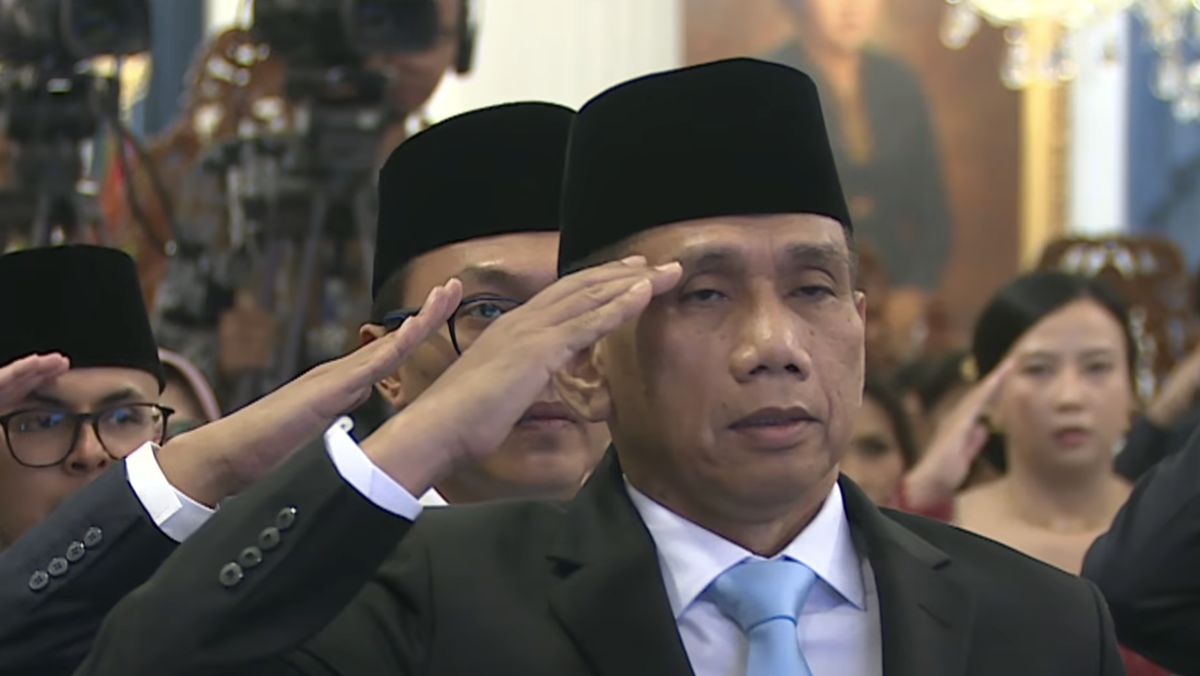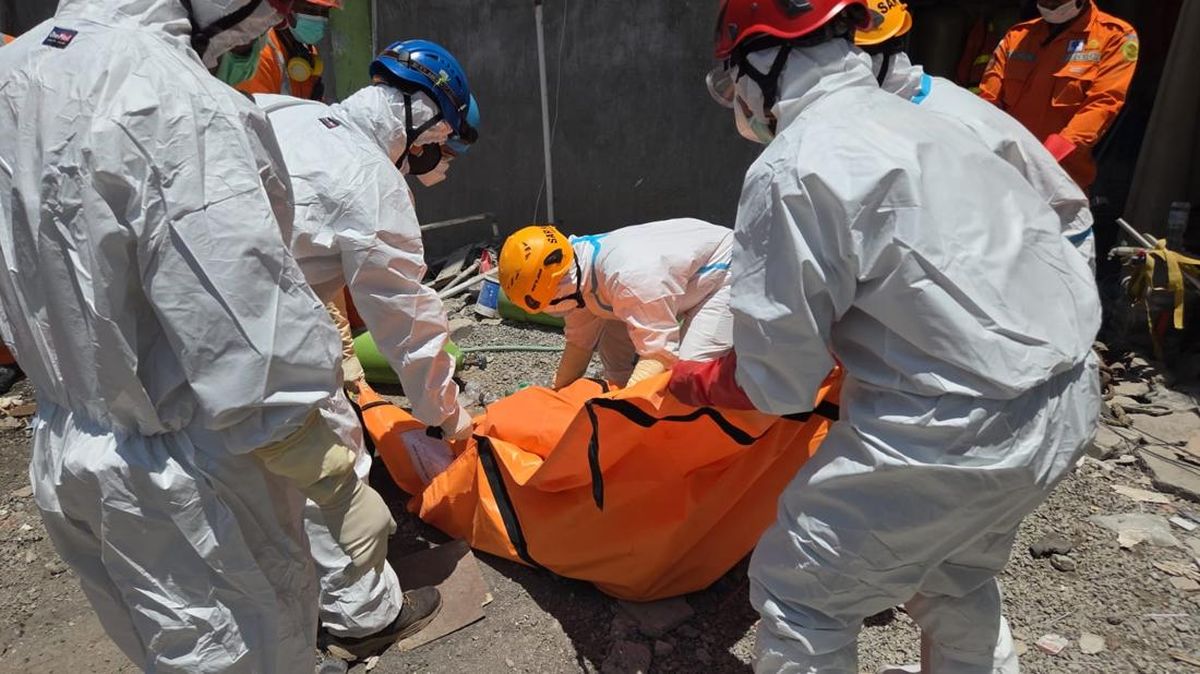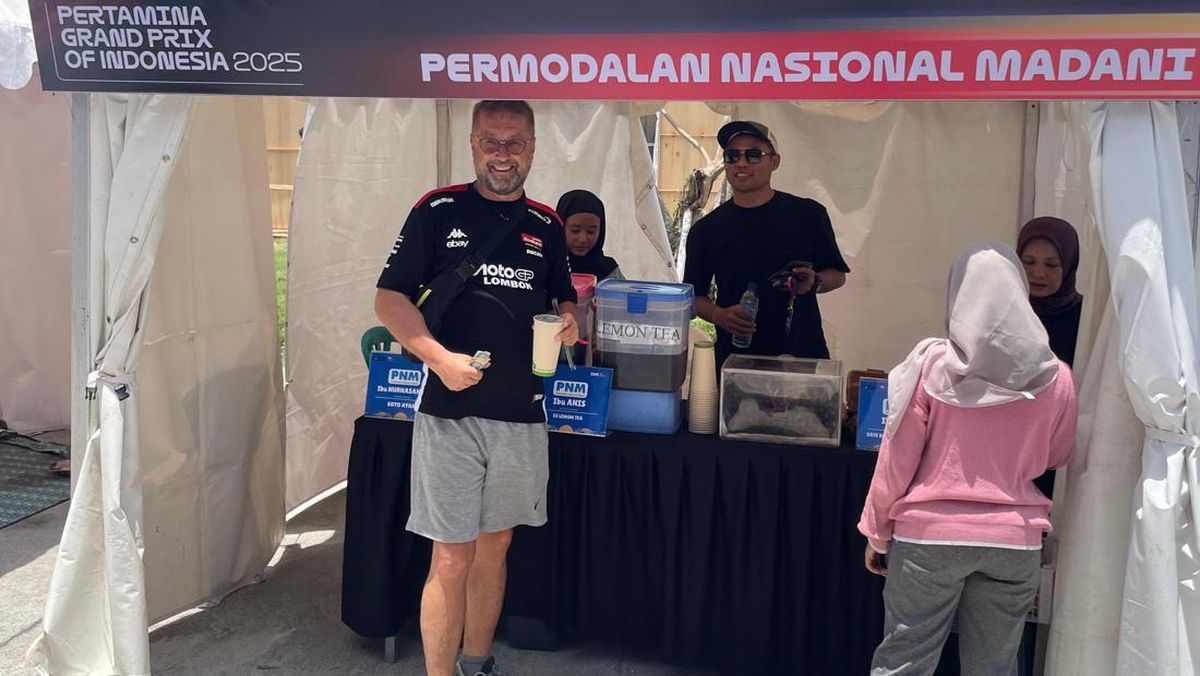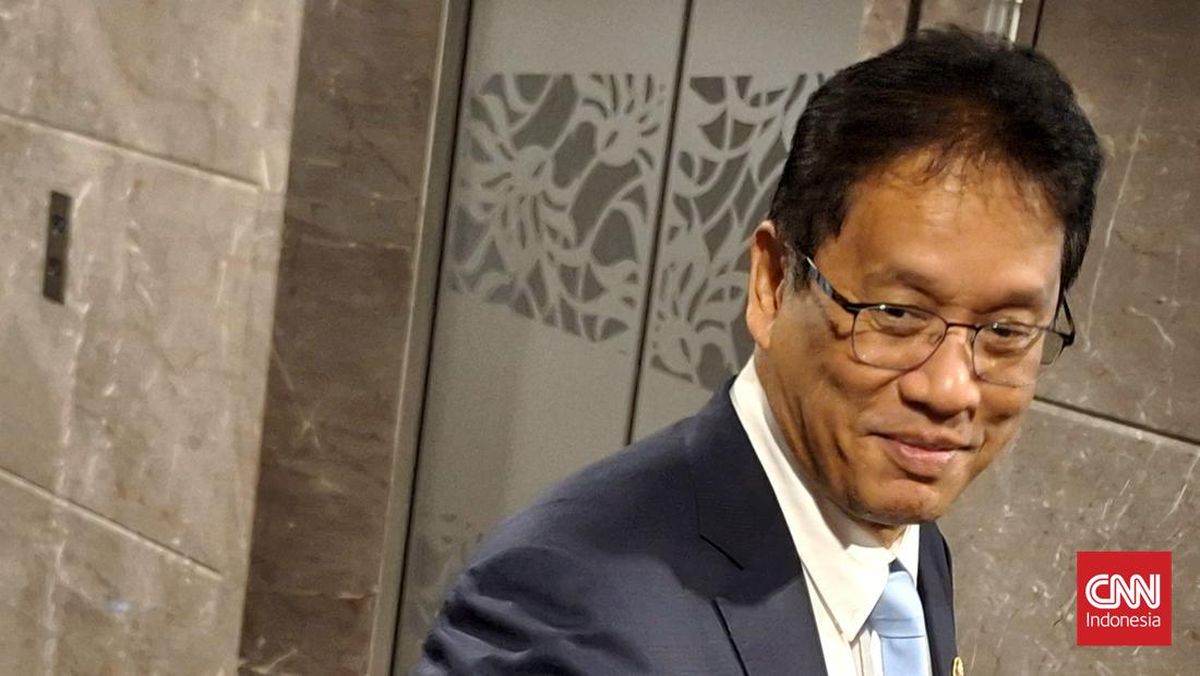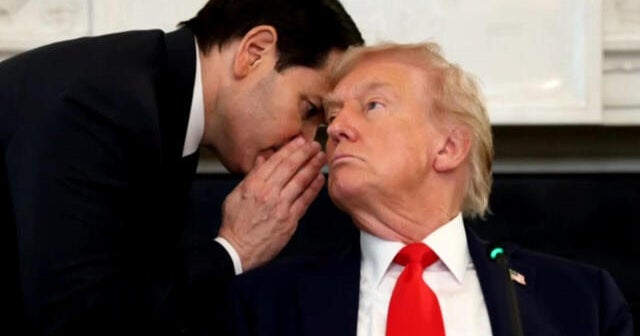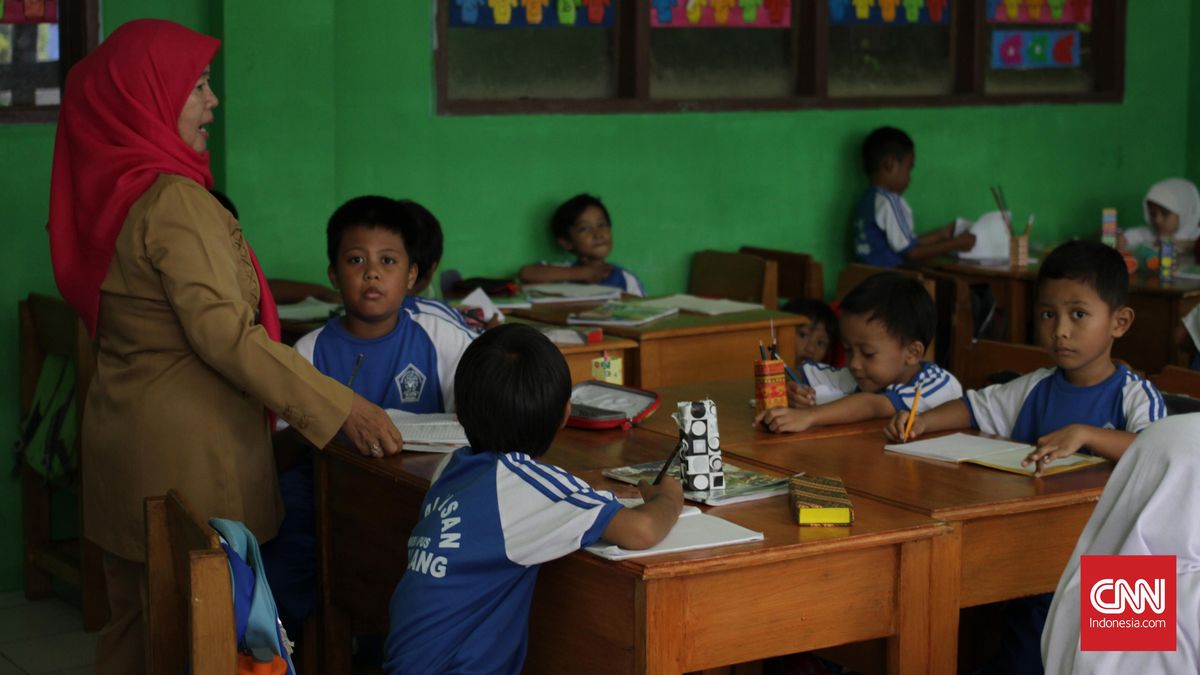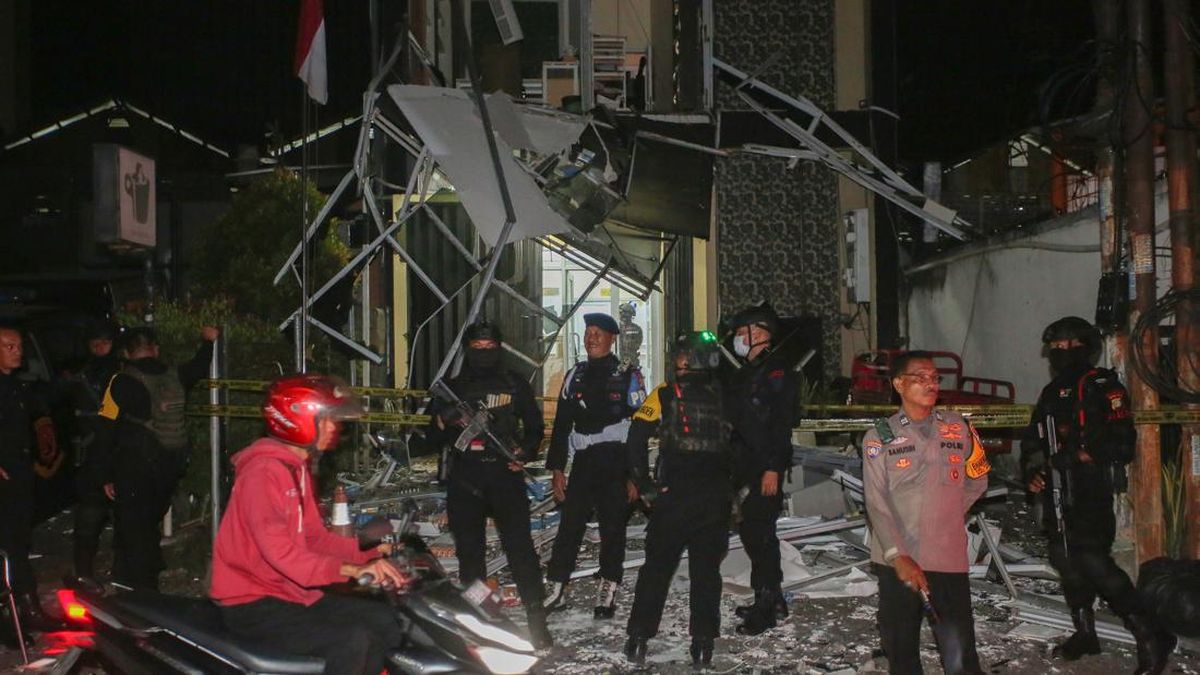Lawyers believe Byron Haddow’s death in Bali was more than too much booze and a pool
Singapore/Bali: Lawyers for the family of a young Queensland man who died in Bali have criticised the police investigation and the responsiveness of the Australian consulate, saying there appeared to be more to the death than a straightforward case of antidepressants, too much booze and a plunge pool.
Byron Haddow’s death at his holiday villa on May 26 was “highly suspicious” and required more in-depth analysis of prior events, particularly financial transactions, the lawyers said.

Byron Haddow (right) was on holiday in Bali after a long stint of FIFO work.Credit: Nine News
Haddow, a Noosa-based FIFO worker, had apparently been drinking with three other Australians, each of whom returned home without giving interviews to police.
About four weeks after he died, the 23-year-old’s body was repatriated to Australia without the heart, which, unknown to his devastated family members as they planned his funeral, remained in Bali for further pathological testing. The missing organ has compounded their grief.
The forensic report found alcohol and a prescription-only drug called duloxetine – used to treat depression, anxiety and some forms of pain – in Haddow’s system.
This inhibiting combination may have prevented him from saving himself from the villa’s pool, the report said. It also noted cuts and bruises on Haddow’s left forehead, right eyelid and right knee, but determined the blunt-force trauma was not enough to kill him.
Loading
Haddow was still breathing while in the water, it said.
The family’s lawyers said the discovery of the injuries raised “serious concerns” and were inconsistent with “the simplified explanation that he was merely found in the pool”.
Haddow’s family said it was unaware of him being on any prescription drugs or suffering ill mental health.
Investigators have revealed Haddow was with three other Australians – two women and a man – before he died. This masthead has been told by lawyers that there was a “financial exchange” between Haddow and two of the others. The circumstances were unknown.
No evidence has been produced to suggest the Australians were in some way responsible for Haddow’s death, either deliberately or unintentionally.
But the lawyers, from the firm Malekat Hukum, were dumbfounded that they had not been interviewed.
“At present, the police have stated they require assistance from the Australian consulate to secure statements from these three witnesses,” it said in a statement.
“However, it is deeply concerning that to date, the consulate has not provided any response.”
The Australian Department of Foreign Affairs has been contacted for comment.
Police not notified
Bali’s Badung Regency police chief Arif Batubara said the Australians were not interviewed because police were informed of the death four days later, by which time the trio had gone home.
If correct, it would mean the death of a seemingly healthy young foreigner did not trigger a notification to police, even though villa management and medical personnel had attended the scene and Haddow’s body had been received by a hospital.
The matter of the missing heart also appeared to be the result of a failure of communication or process. Dr Nola Margaret Gunawan, the forensic doctor who performed the original autopsy at Bali’s Sanglah Hospital, said the organ was kept in Bali for more testing because results could take weeks.
Haddow’s family was informed that his heart was missing by the Queensland Coroners Court, which had performed another autopsy. By then, it was too late to postpone his funeral, mother Chantal Haddow said.
“I have given the autopsy result and explanation to the family. They have accepted my explanation,” Nola said.
The hospital on Wednesday said that when the parents consented to the autopsy, they were also consenting for the heart to be tested. That the body was sent home to Australia before the tests were finished was neither the hospital’s decision nor responsibility, it said.
A separate agency was responsible for repatriation, but it was unclear if it was aware that Haddow’s body was leaving for Queensland without one of the organs.
“This incident raises serious questions regarding medical practices in Bali,” the Haddows’ lawyers said. “We affirm that what happened to Byron Haddow is a grave matter of law, ethics and humanity.”
Get a note directly from our foreign correspondents on what’s making headlines around the world. Sign up for our weekly What in the World newsletter.
Most Viewed in World
Loading

